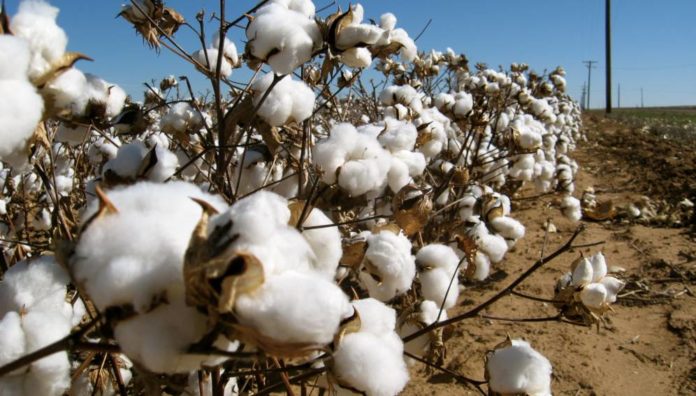By Lillian Onyango, DevReporter, Nairobi County
Ban of second-hand clothes for locally made clothes will affect the mitumba traders hugely but now let’s look at the better side of this.
The second-hand clothes is outlined under the big four agenda, buy, Kenya, build Kenya initiative. An initiative was to create income for cotton farmers, promote exportation, and solve joblessness among the youth. It was to give Kenyans dignity by buying new clothes at affordable prices.
In a relaunch of the Rivatex textile industry in Eldoret, the president challenged public sector employees to make it a habit of wearing locally made clothing to work at least once a week.
“Rivatex is already making fabrics for our uniformed forces, schools, hospitals and supplying to the general public. They supply popular clothing such as kitenges and khangas,” he said.
Why people are buying mitumba
According to a report, by the Institute of Economic Affairs on the state of second-hand clothes and footwear, 91.5% of households were found to buy clothes below 1000 shillings and 8.5% bought clothes above 1000 shillings. 74.5% bought new clothes below 1000 shillings and 25.5% bought new clothes above 1000 shillings.
What this report shows is that Kenyans only go for mitumba because they are cheap and affordable.
Reasons for the local textile industry
Kenyans only buy mitumba because they are way cheaper and therefore, the aim is to give Kenyans the opportunity to buy new clothing for 600 shillings when the same cloth cost 5,000 in the UK and US markets.
How other countries are benefiting from the industry
The textile industry in India is one of the country’s biggest and most important, in terms of output, foreign exchange earnings, and jobs. The textile industry employs 35 million people and earns 35% of gross export earnings.
In Pakistan, the same textile industry has employed 40% of the country’s total workforce and over six in ten of Pakistan’s exports are made up of textile and apparel products.
Benefits of locally made clothes
When Kenya revives its textile Industry then
- More income will be realized by cotton farmers
- There will be Creation of more employment for the youth
- Earning from exports of both cotton and clothes will increase
- There will be improved creativity among Kenyans
Riving the textile industry in Kenya can help in solving Joblessness, as it will create more job opportunities. Just like in other countries, it will generate more income from exporting clothes and cotton.






